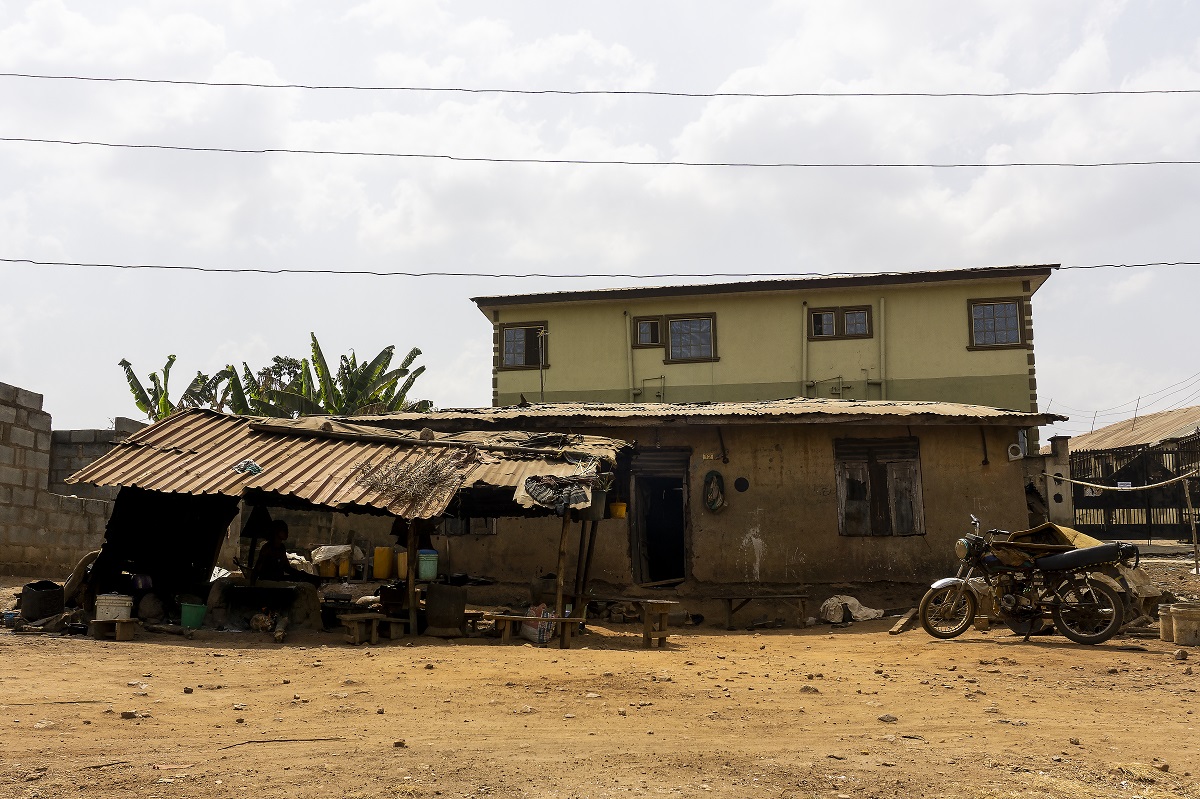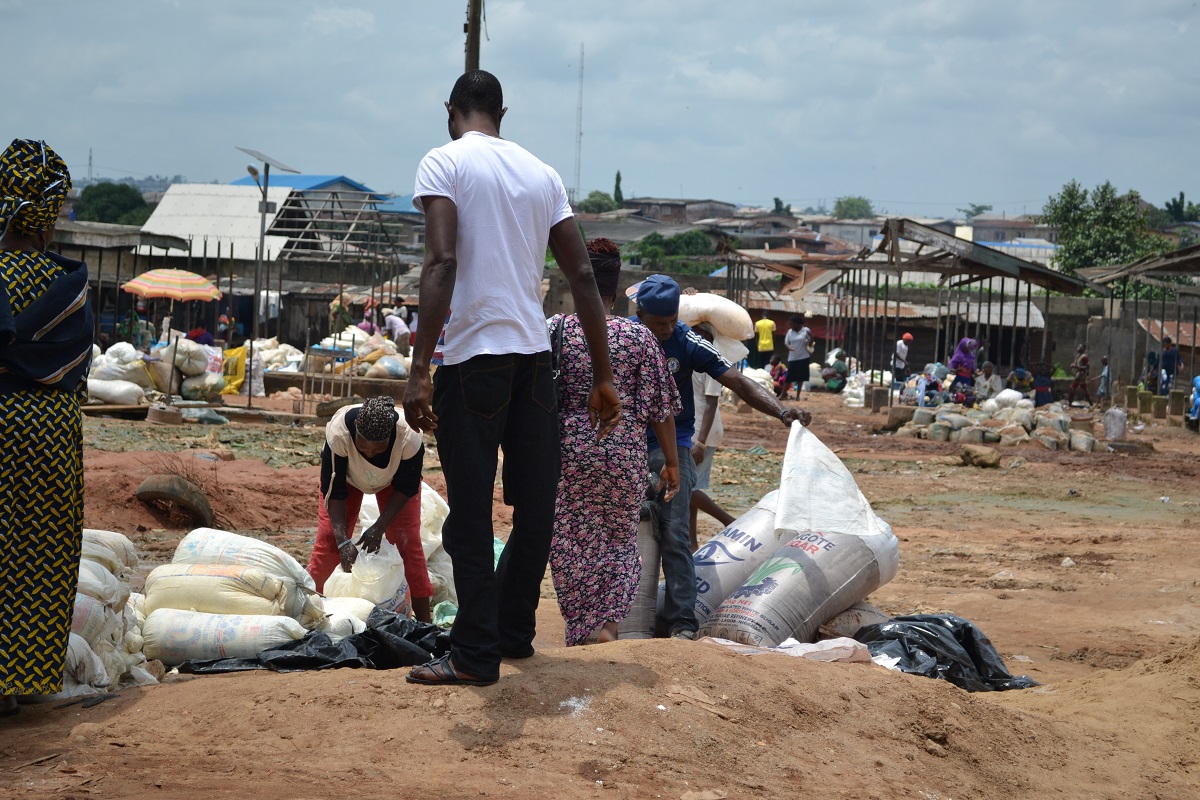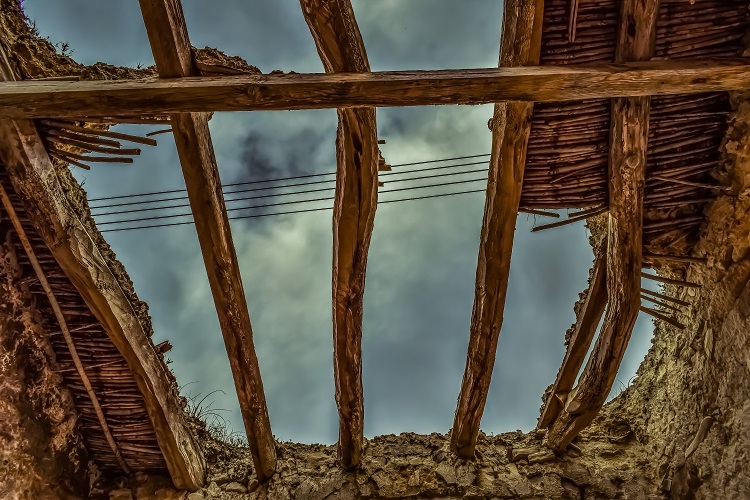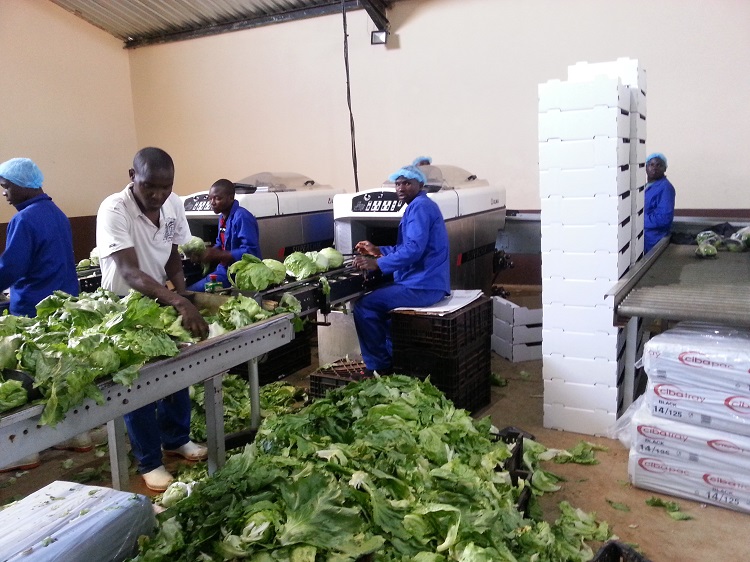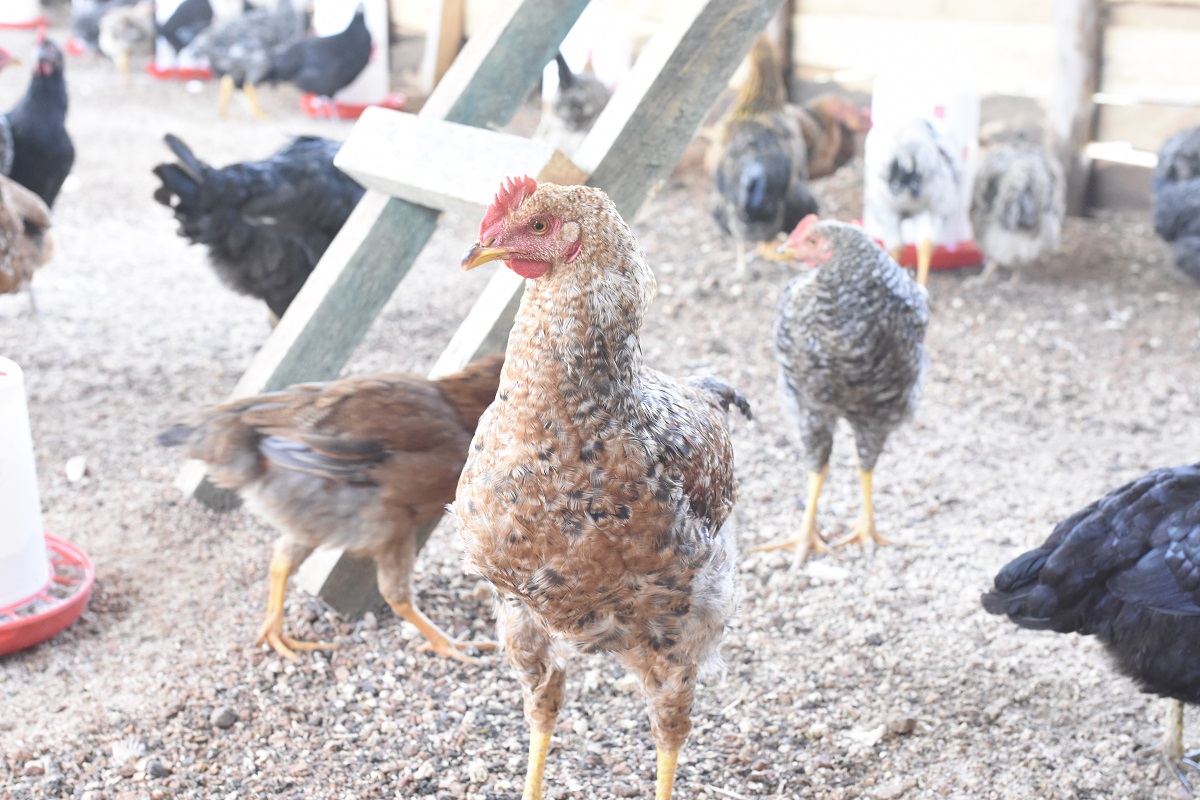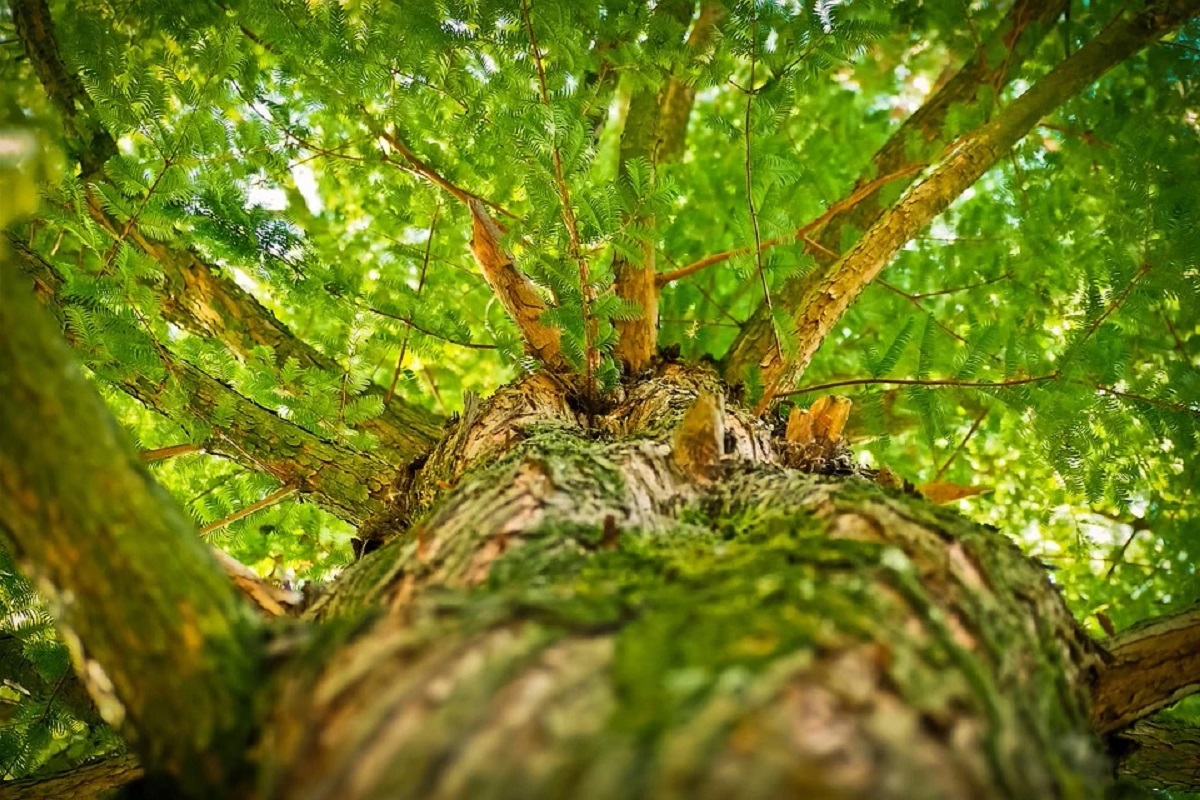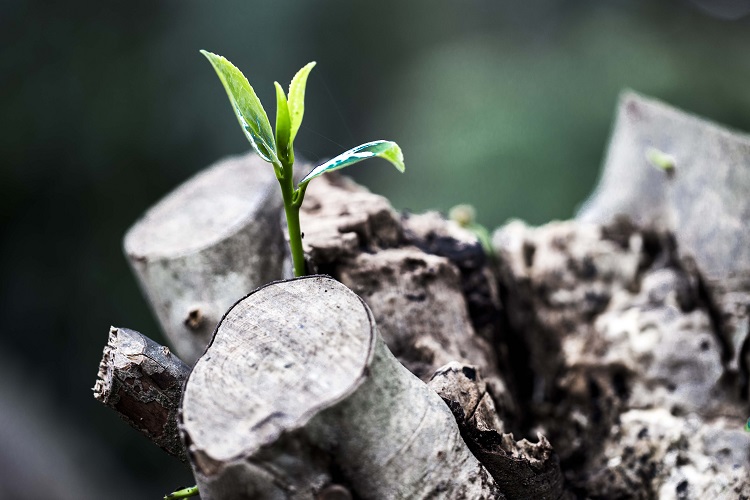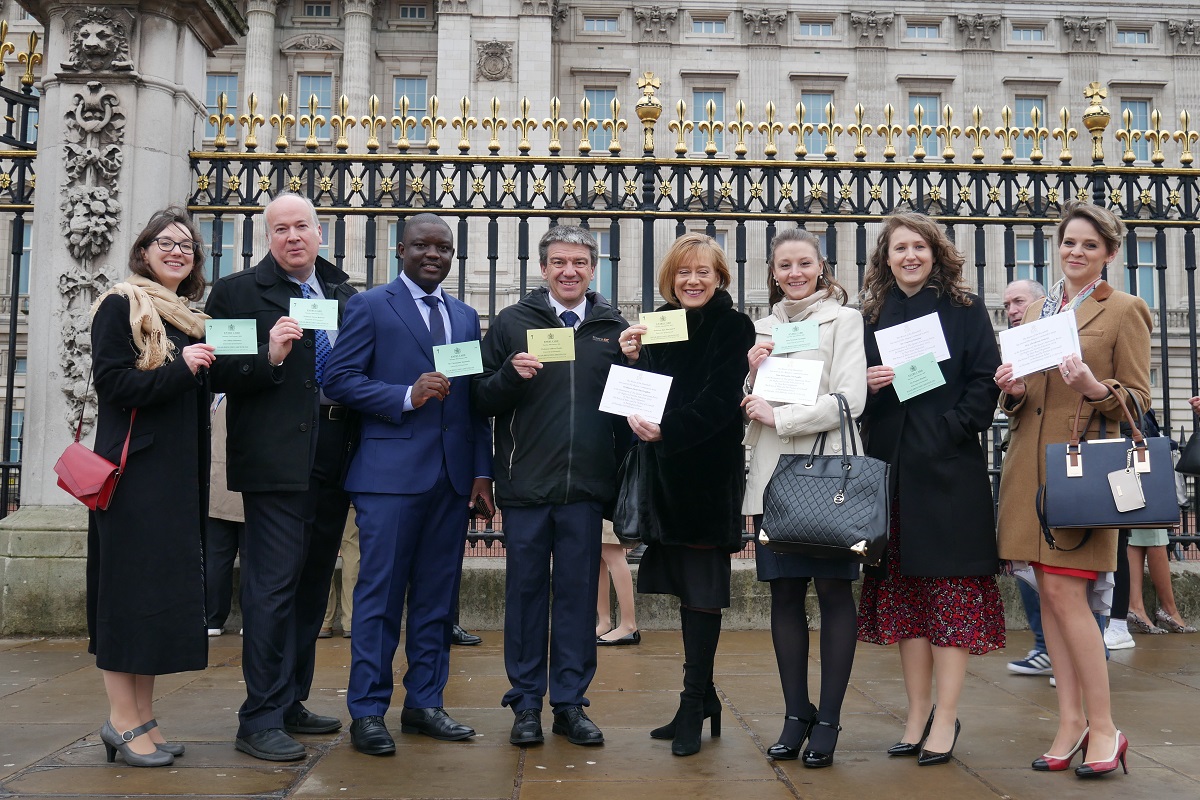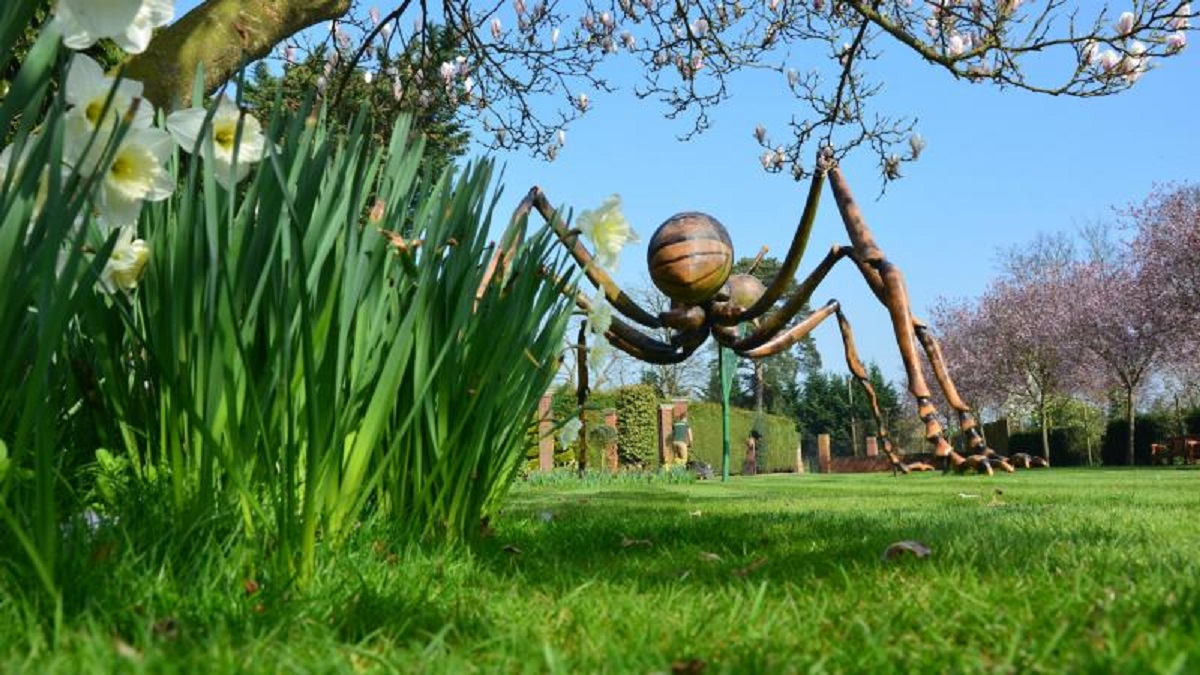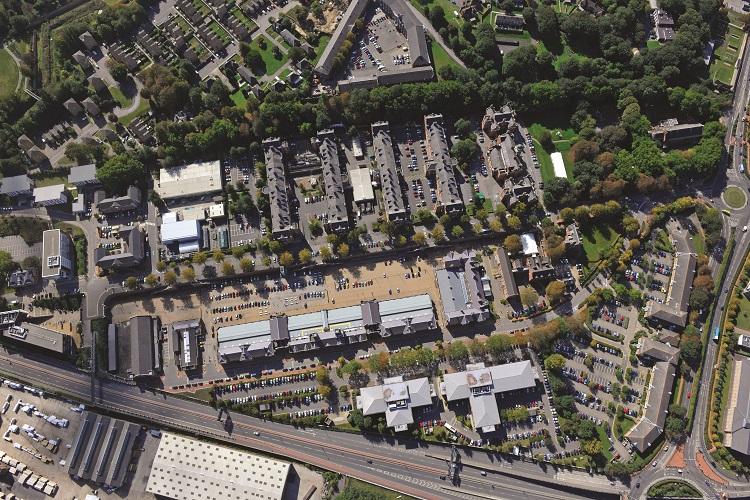News - 2020
Keith Tomlins, Professor of Food Science, NRI |
How might COVID-19 affect food systems in LMICs (Low- and Middle-Income Countries)? Of the few published articles about food and pandemics, most refer to obesity or high-income countries. [1,2]...
Louise Abayomi, Senior Research Fellow – Postharvest Specialist, NRI |
Nigeria is the most populated African country, with almost half the Nigerian population living in extreme poverty (WB, 2018). Food and nutrition security is therefore of...
Uche Okpara, Fellow in Climate Change and State Fragility, NRI |
In Lake Chad, just over 85 soldiers involved in the fight against violent extremism were killed recently following a long battle with the Boko Haram sect. Much of North-eastern...
John Morton, Professor of Development Anthropology, NRI |
As I write, the full impact of the new coronavirus and the associated disease COVID-19 on developing countries is yet to be seen, and is hard to predict in either scale or nature. Yet it is...
Judy Bettridge, Fellow in Biostatistics for Food and Agriculture, NRI |
Hazelnut muesli bars, fresh mackerel, frozen mushy peas: the curious selection of scattered items among the desolation of empty shelves in my local supermarket in Kent, UK,...
Trees are important, as everyone should know, and since 2012, the UN General Assembly has named March 21st as the ‘International Day of Forests’. The theme for 2020 is forests are “too precious to lose”. The UN states that, “when we drink...
In the fourth and final article in this series on the prevention of food loss and waste, NRI’s Professor Steve Belmain outlines his work researching the ecology of rodents as pests in agriculture, and as disease vectors.
Valerie Nelson, Professor of Sustainable Development, NRI |
Can the current health crisis lead to the kinds of changes we so urgently need to combat the interconnected climate and environmental crises we face? What does COVID-19 mean for food,...
Conor Walsh, Environmental Scientist, NRI |
What constitutes a global crisis? What differentiates it from a national or regional problem? By definition, a pandemic reflects a threat to human health that transcends territorial and jurisdictional...
Personal account by Gillian Summers, NRI Communications Specialist
Green entry card and passport at the ready, I showed the guard my credentials and was waved inside the gates of Buckingham Palace, along with our group and the other winners of the...
This year, Bristol played host to the annual Post Graduate Forum of the Royal Entomological Society, an event organised by post-graduate students, for post-graduate students. Designed to give participants a gentle introduction to the world of...
A message from Professor Andrew Westby, Director of NRI
Dear friends of the Natural Resources Institute,
My colleagues and I at NRI hope that you and your families are well at this difficult time. The Coronavirus (Covid-19) pandemic reminds us...


